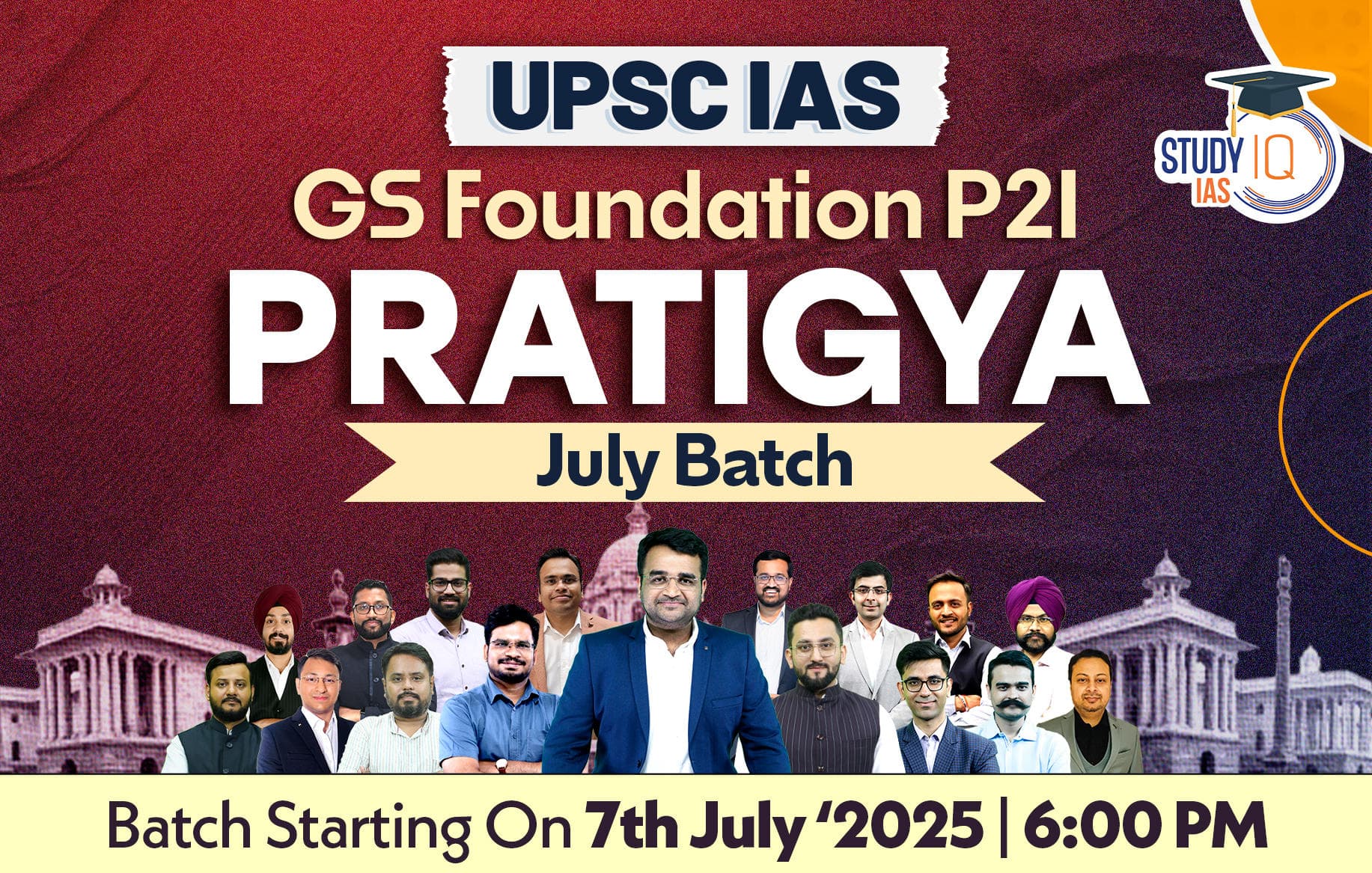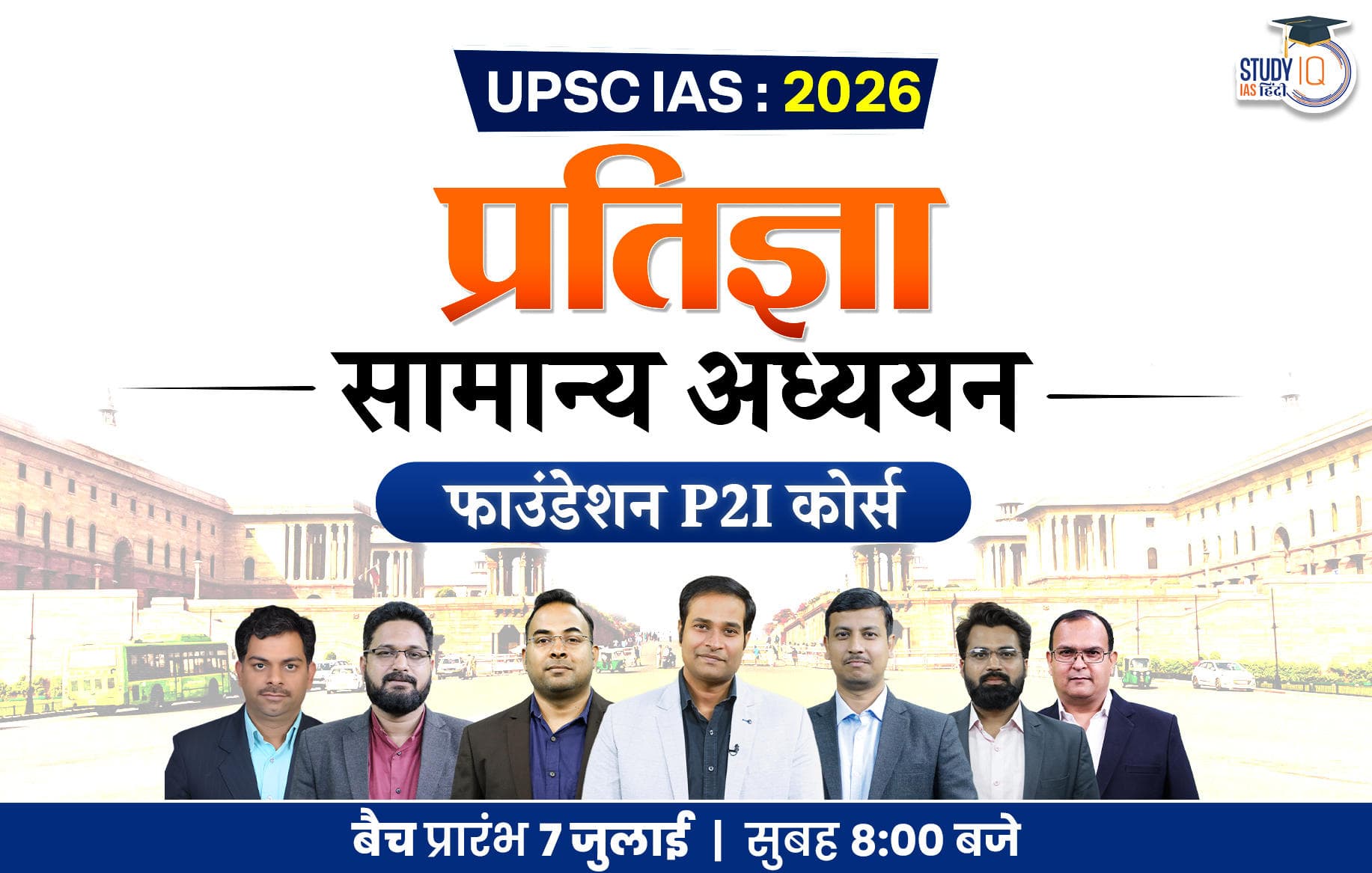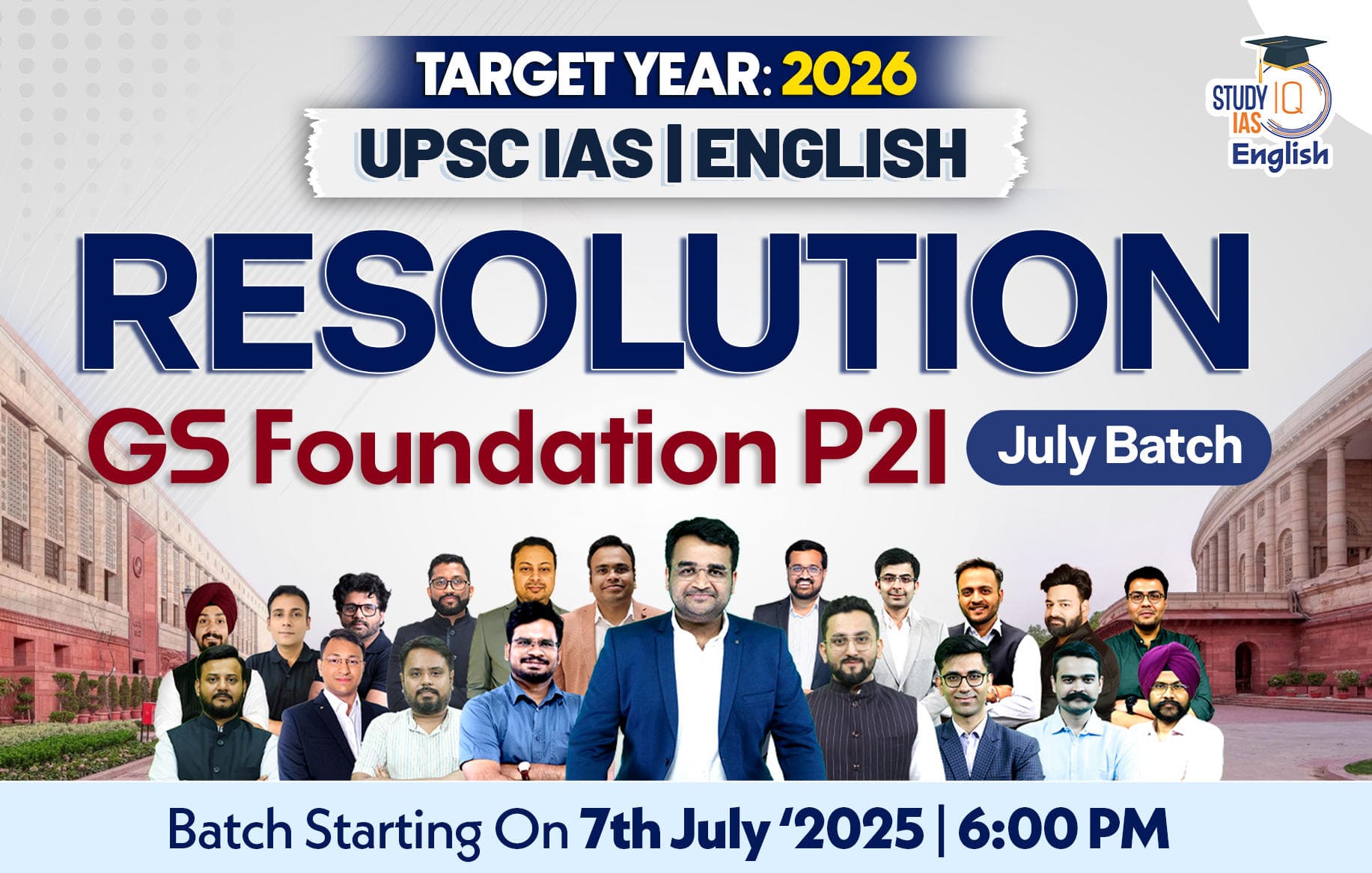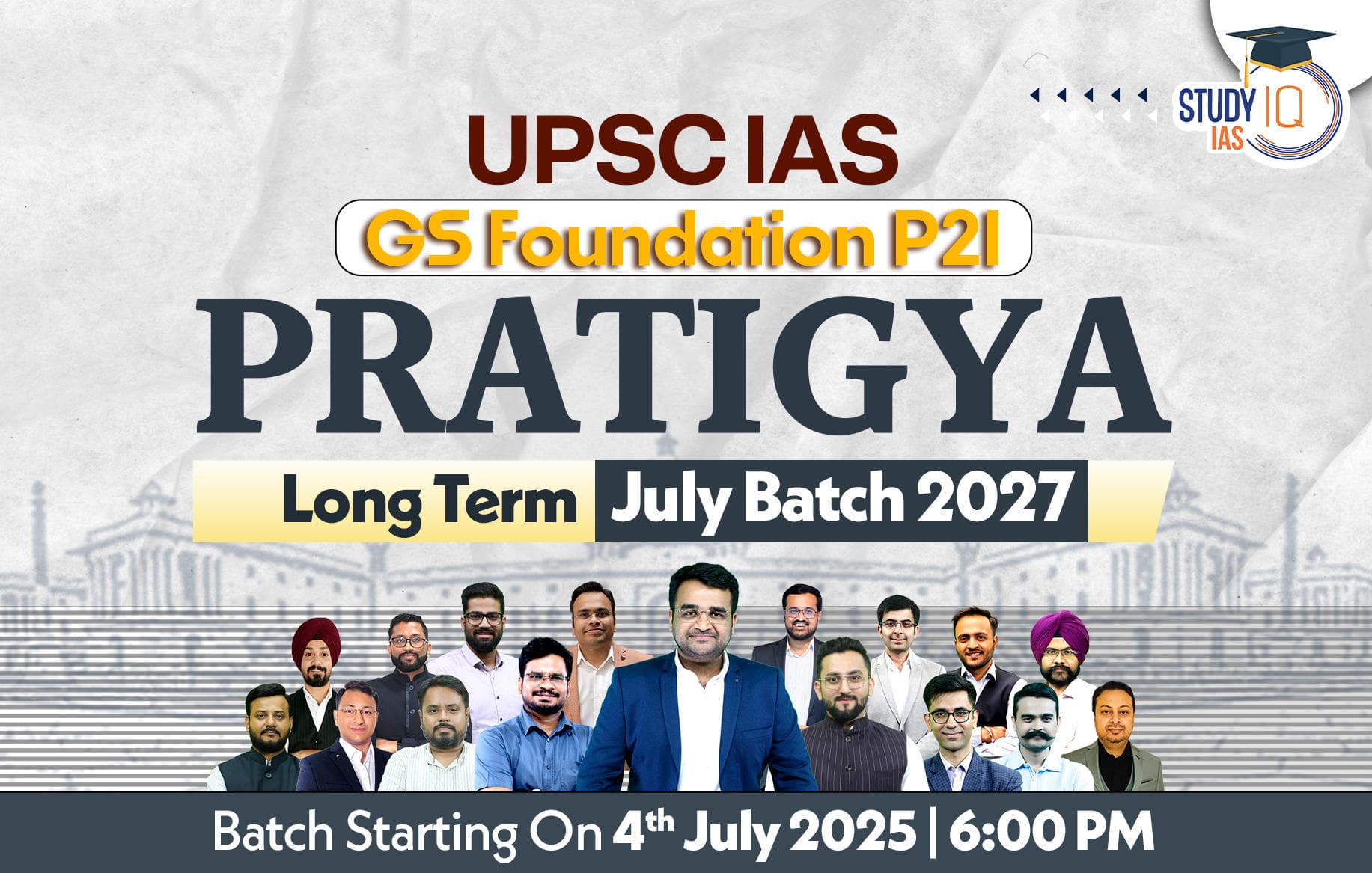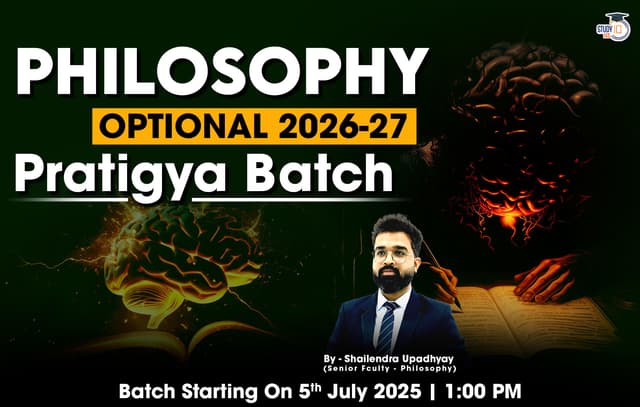Table of Contents
Context: External Affairs Minister urged the BRICS nations to exhibit their genuine commitment to overhauling international organizations, including that of the UN Security Council.
About the United Nations Security Council (UNSC)
- The UNSC, established in 1945, is one of the United Nations’ five principal organs, responsible for maintaining international peace and security.
- Composition: UNSC is composed of 15 member states, including five permanent members (P5) with veto power and ten non-permanent members.
- The 5 permanent members are: United States, Russian Federation, France, China and the United Kingdom.
- The 10 non-permanent members are elected for two-year terms by the UNGA (United Nations General Assembly).
- These 10 seats are distributed among the regions of the world: five seats for African and Asian countries; one for Eastern European countries; two for Latin American and Caribbean countries; and two for Western European and Other Countries.
- India has served eight times in the UNSC as a non-permanent member (1950-1951, 1967-1968, 1972-1973, 1977-1978, 1984-1985, 1991-1992, 2011-2012, and 2021-2022).
- Powers and Functions of UNSC:
- The UN Security Council’s primary function is to maintain international peace and security. It takes the lead in determining whether a threat to peace or an act of aggression exists.
- Aside from maintaining peace, the Security Council has the authority to send UN peacekeeping missions and impose sanctions on states.
- If necessary, the UN Security Council can also sever diplomatic relations, impose financial restrictions and penalties, blockades, and even collective military action.

About the Veto Power of P5 Members
- The 5 permanent members have the power of veto.
- Under Article 27 of the UN Charter, Security Council decisions on all substantive matters require the affirmative votes of three-fifths (i.e., 9) of the members.
- A negative vote or a “veto” by a permanent member prevents adoption of a proposal, even if it has received the required votes.
- Abstention is not regarded as a veto in most cases, though all five permanent members must vote for adopting any amendment of the UN Charter or any recommendation of the admission of a new UN member state.
- The decisions of the UNSC (known as resolutions) are binding on all members of the UN.
Need for Reforms in UNSC
- Not Reflecting Present Realities: The current structure of UNSC no longer reflects the geopolitical realities of the 21st century. The emergence of new economic and military powers necessitates updating the Council’s composition for better representation of the current global order.
- Lack of Adequate and Equitable Representation: The current structure of the Council lacks representation from many countries, particularly those from Africa, Latin America, and Asia though the countries from these regions face numerous security challenges. Adequate representation would ensure a broader range of perspectives and better decision-making.
- Democratic Reforms: The current structure of the Security Council has been criticized for being undemocratic and not reflecting the interests of the majority of the world’s population. Decision-making power is concentrated in the hands of the five permanent members with veto power, limiting the participation of other nations and stifling inclusive decision-making.
- Geopolitical Rivalry within the P5: The geopolitical rivalry among the permanent members has sometimes hindered the Council from effectively addressing global issues.
- Misuse of Veto Power: The veto power held by the five P5 members has been criticized for being undemocratic and often resulting in gridlock. The ability of a single member to block resolutions, even when there is broad international consensus is hindering the council’s effectiveness.
- Threat to State Sovereignty: The decisions of the Security Council are binding on all member countries of the UN, which can encroach upon their sovereignty. The Council’s power to impose sanctions and take military actions raises concerns about the potential infringement on the sovereignty of states.
Proposed UNSC Reforms
- Expansion of Membership: The current membership of the UNSC shall be expanded to make it more representative of the world’s regions, cultures, and people.
- Removal of Veto Power: The veto power has to be reformed to prevent its misuse by the permanent members.
- Regional Representation: Currently, non-permanent members are elected on a regional basis, but this does not guarantee regional representation. Creation of permanent seats for regions such as Africa, Latin America, and the Middle East will ensure that the voices are heard in the decision-making process.
- Transparency and Accountability: There have been calls to make the UNSC more transparent and accountable by ensuring that it consults more widely with other UN organs and civil society groups before making decisions.
- Democratic and Inclusive Process: Proposals include the establishment of a working group that includes civil society representatives and the creation of a more representative and accountable UN General Assembly.
Arguments in favor of Permanent Membership of India
- Huge population: India is home to ~18% of the world’s population with 1.4 billion people. Such a large population needs permanent representation at the world stage.
- Economic significance: India recently became the 5th largest economy in terms of GDP (Nominal). India is already the 3rd largest economy in terms of GDP (PPP).
- Military capabilities: India is also a rising military power. India has been ranked 4th in the Global Firepower Index, behind the US, Russia and China, and ahead of the P5 nations, the UK and France. India’s capabilities are rapidly expanding in multiple fields like space exploration.
- Contributions to peacekeeping missions: India has consistently been one of the largest contributors to UN peacekeeping missions. Despite the recent decline in troop numbers, India has a long-standing tradition of actively participating in peacekeeping efforts around the world.
- Commitment to international principles: India has a long history of advocating for principles such as mutual respect for sovereignty, non-aggression, non-interference, equality, and peaceful coexistence. India’s leadership in the Non-Aligned Movement and its championing of disarmament and the elimination of weapons of mass destruction, including nuclear weapons, demonstrate its commitment to promoting global peace and security.

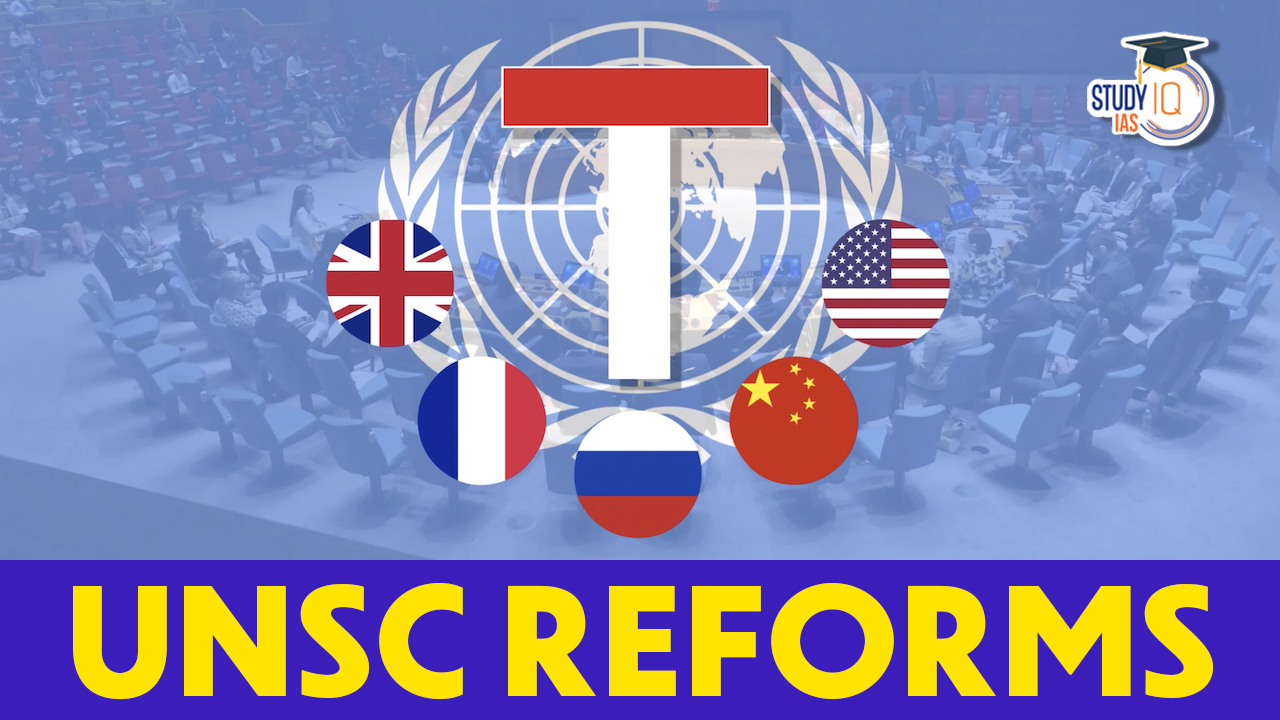
 Phone-tapping in India, Legal Framework ...
Phone-tapping in India, Legal Framework ...
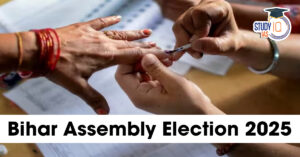 Bihar Assembly Election 2025 Dates, Poli...
Bihar Assembly Election 2025 Dates, Poli...
 Jharkhand High Court Assistants Admit Ca...
Jharkhand High Court Assistants Admit Ca...

